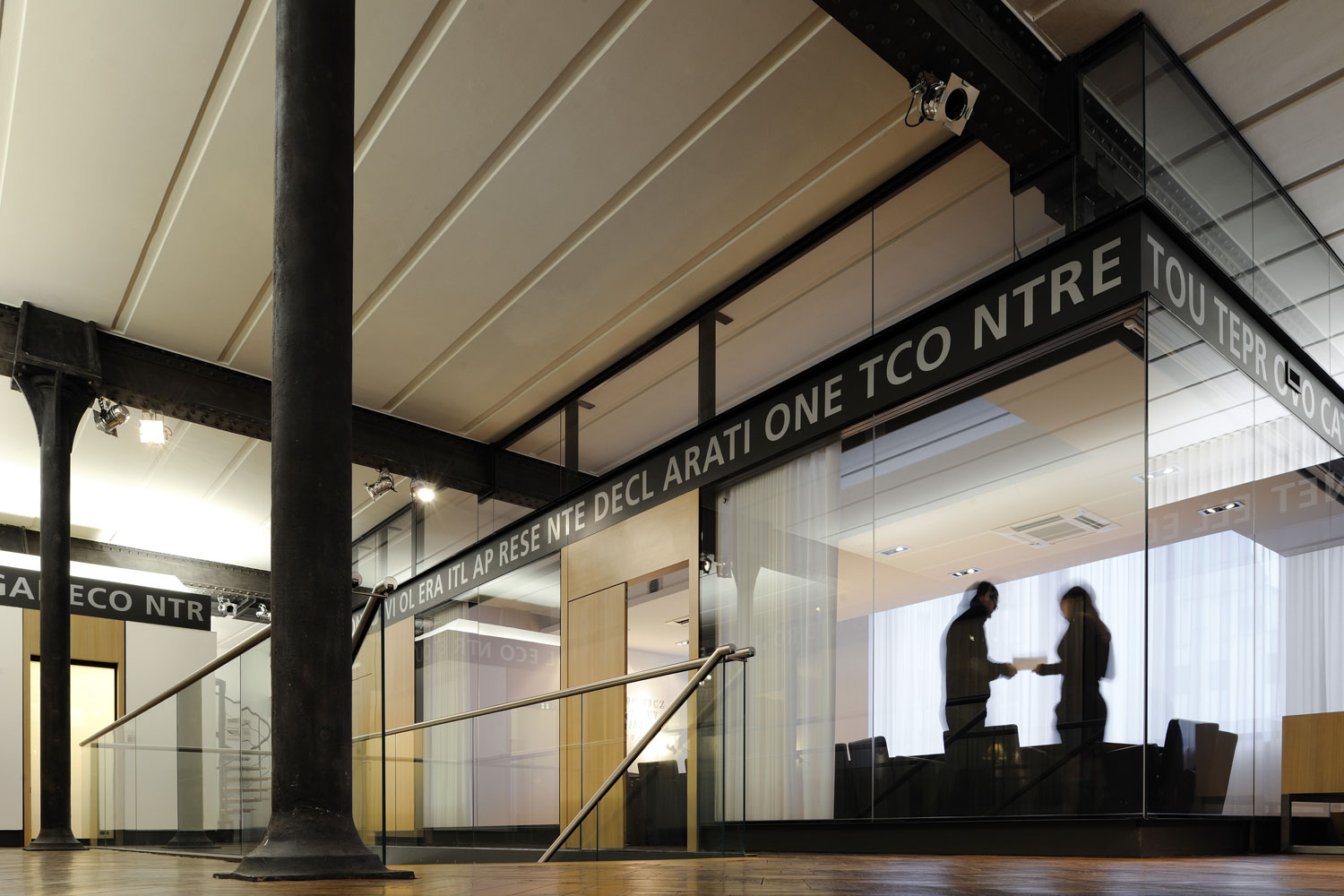10 February 2022
Welcome to Lucie Soitel
Jakubowicz & Associés welcomes Lucie Soitel as an associate. Lucie joins the team of Alain Jakubowicz, partner, and Jonathan del Vecchio, associate, in the Business Law Litigation Department. She will bring her expertise in litigation in the fields of commercial law, competition law, banking law and distribution law. Jakubowicz & Associés now has a team […]













